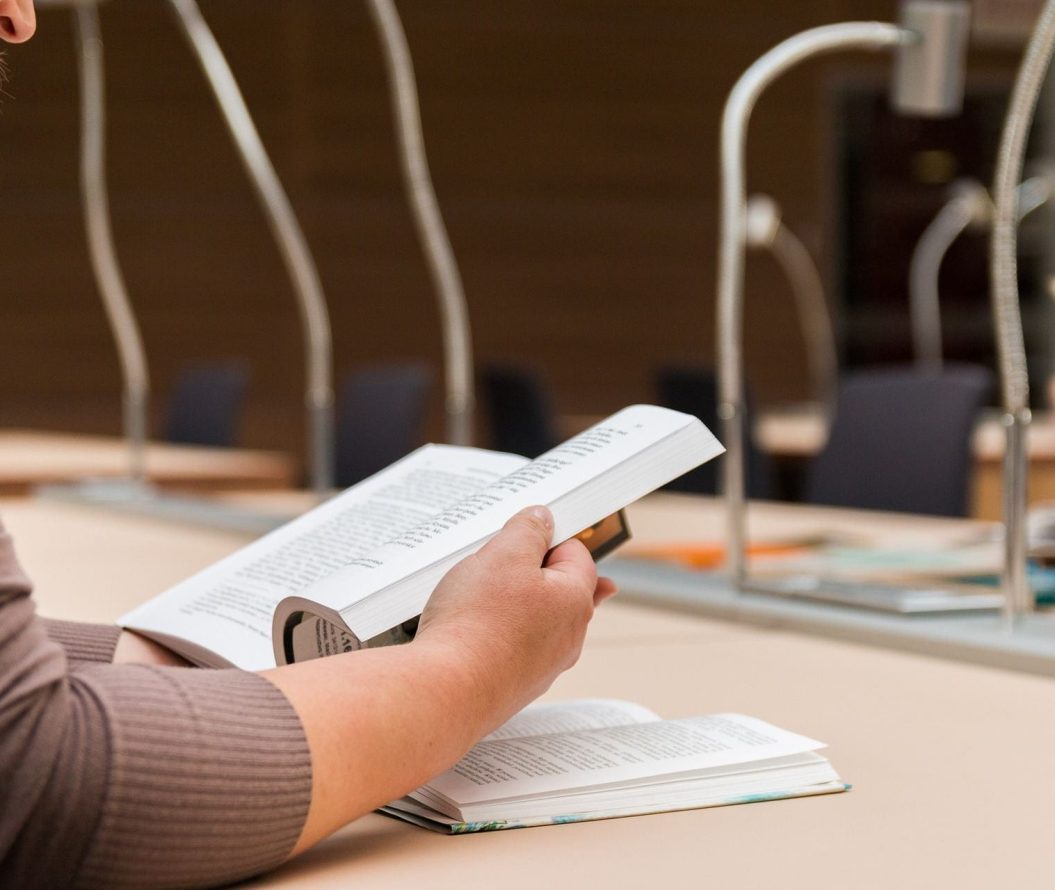Hi everyone my name is Hannah and I'm a third year student studying Biomedical Science. I'll be starting my MSc in Data Science and Applied Analytics next year. Outside of university I've really enjoyed teaching myself to crochet over the…

Exams come around sooner than you think, and revision can be extremely overwhelming. Especially as the days get warmer and you’re wanting to spend more time with friends before the summer holidays. It can be difficult to keep up with both a study routine and social life however this article will suggest a few small changes you can make to ensure you perform your best in the upcoming exams whilst keeping stress to a minimum!

One of the best ways to get yourself into a healthy mindset is to get yourself into a routine. Prioritise cooking balanced meals you enjoy and get used to a sleeping routine that allows you to get the most out of your day whilst also leaving time for things you enjoy. Food is fuel and by giving yourself those necessary nutrients you’re preparing your body and mind for the stressful days ahead. Enough sleep is also crucial as it ensures you’re energised and are able to focus on studying without getting distracted or falling asleep halfway through!
Another tip is to get started on coursework. Although the date may seem far away, out of sight and out of mind, things quickly begin to pile up when you have exams to revise for as well. One suggestion is to plan out your coursework workload to ensure you can complete it by the arrival of exams. By completing small parts every now and then you’re saving time and stress by getting what you can out of the way now. This method also allows you to prioritise revision during exam season and prevent burnout from too many tasks.
Furthermore, another idea would be to create a list of all your modules and topics and colour code them according to what you know and what is complete gibberish. Then you can start to understand those topics you’re unsure about, with enough time to ask lecturers questions or go over recordings before proper revision begins. This method also allows you to apply your knowledge to exam questions and get the most out of past papers.

Along with making sure you understand the content fully, you can create revision aids alongside this. This means you can focus on active recall during revision sessions closer to exams and allowing you to get the most out of them. For example, creating question cards ahead of time means you can get the most out of them by testing yourself over and over before the exam begins. Active recall is one of the best methods used to memorise content, it is where you write down everything you remember about a topic and then see how much you have remembered. Repeating this process over and over is the perfect way to memorise content!
Finally, ensure your study space is clean and tidy. Along with this make sure you have all your notes and lecture slides organised and where you know you can reach them. By creating an organised study area you’re giving yourself the best kickstart to your revision and ensuring the best chance at getting a grade you deserve in your exams!



